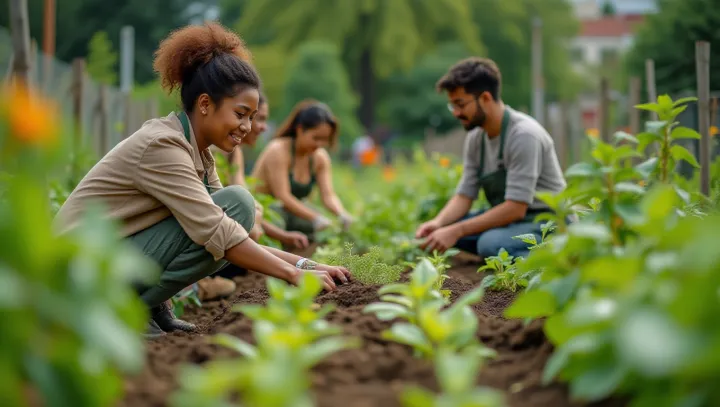Community Gardens Boosting Food Security

Globally, community gardens have increasingly become a pivotal force in addressing urban food security. In cities like New York and London, these green sanctuaries provide not only fresh produce but also vital connections between residents and their environment. The advent of these gardens is driven by the need to combat urban food deserts and ensure that communities have access to affordable, healthy food.
Experts, like Dr. Sarah Thompson of Urban Food Systems, highlight that community gardens can reduce dependency on food imports, thus stabilizing local food systems. Moreover, these gardens encourage sustainable agricultural practices and foster community engagement.
They provide a platform for education on nutrition and sustainable living, enhancing overall public health. Local governments are urged to support these initiatives through policy measures and funding. A recent study in the Journal of Urban Agriculture reveals that cities with a higher density of community gardens report better food security metrics.
As global populations urbanize, developing strategies for resilient food systems becomes imperative. In essence, community gardens represent a promising, multifaceted approach to enhancing food security while promoting ecological and social well-being. Their expansion reflects a growing shift towards localized food resilience, crucial in an era marked by climate uncertainty and global supply chain vulnerabilities.
